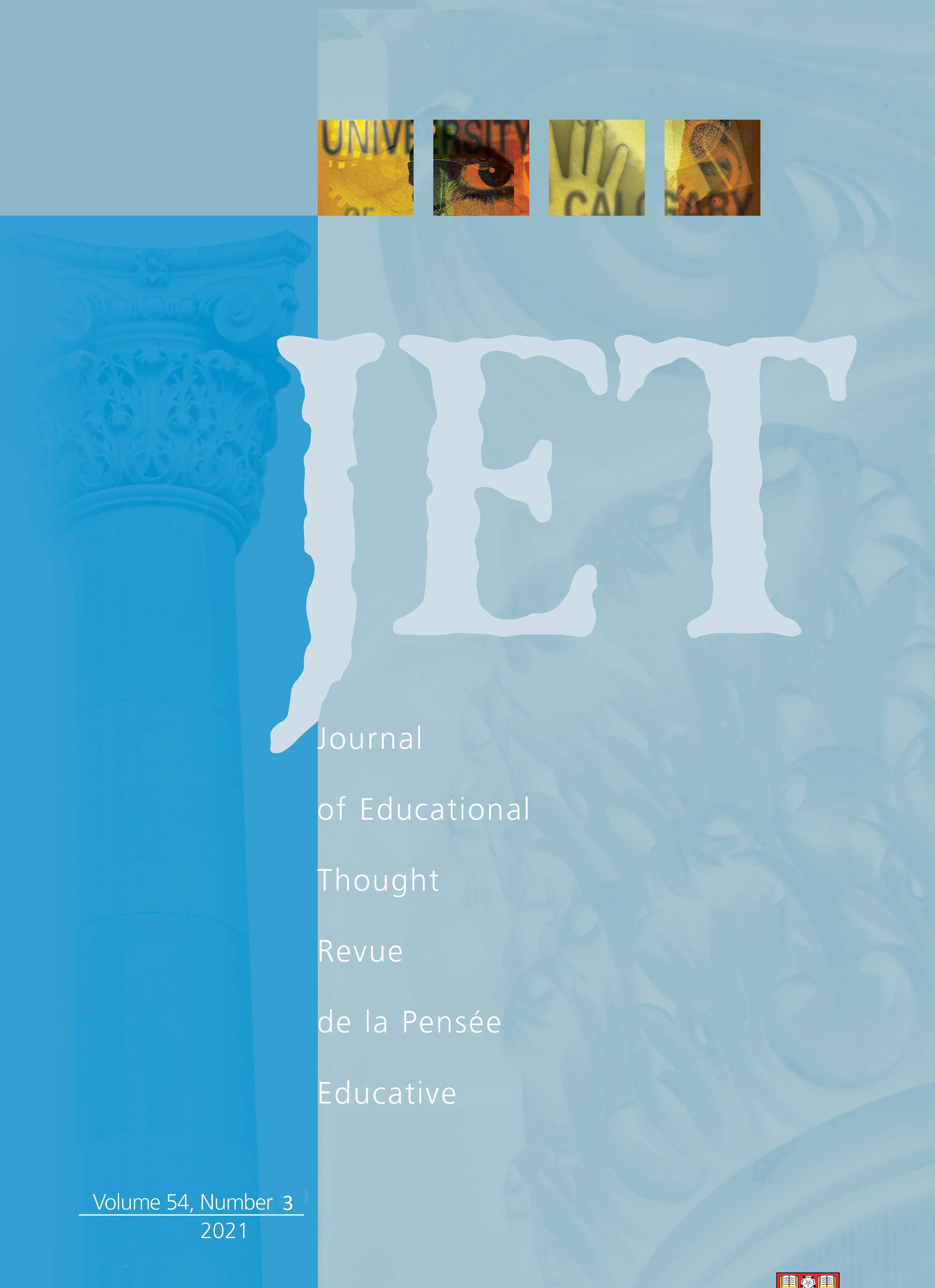Feminist Ethics in Universities: How to Make Timely Decisions that Represent Community Values
DOI:
https://doi.org/10.55016/ojs/jet.v54i3.74687Abstract
Abstract: In practical terms, decisions on various academic matters in universities are complex and reflective of the views held by those in positions of power. For a more egalitarian view derived from a feminist perspective, this paper proposes an alternative form of decision-making. An underlying moral code and its corresponding decisions influence policies and the broad spectrum of educational futures in universities. According to Walker (2007), theoretical-juridical models, which have dominated ethical understandings, assume a prevailing moral code that embodies universal ethical principles and applies to all people in every jurisdiction at all times. By contrast, embodied perspectives that recognize the relationality of networked participation enliven Walker’s expressive-collaborative model (ECM) through moral conversations and negotiations among moral agents who are members of that specific community. The authors cite the #femedtech networked participatory community as an embodiment of feminist values that the ECM proposes and describe #femedtech’s value activity and code of conduct generation activity. This paper applies feminist ethics to ameliorate universities’ policy-making process. The paper builds the case for university community values to guide university decisions and advocates strategic trust as an essential criterion to uphold communal values. Finally, the paper concludes with practical propositions that reflect a commitment to democratic, deliberated, and inspiring process-based decision-making responsive to a diverse community’s moral lives and ethical needs.
Downloads
Published
Issue
Section
License
The Journal of Educational Thought retains first publication rights for all articles. The Journal grants reproduction rights for noncommercial educational purposes with the provision that full acknowledgement of the work’s source be noted on each copy. The Journal will redirect to the appropriate authors any inquiries for further commercial publication of individual articles. All authors wishing to publish in JET will be asked to fill in and sign a Consent to Publish and Transfer of Copyright agreement.
Authors must affirm that any submission to JET has not been and will not be published or submitted elsewhere while under considration by JET.

